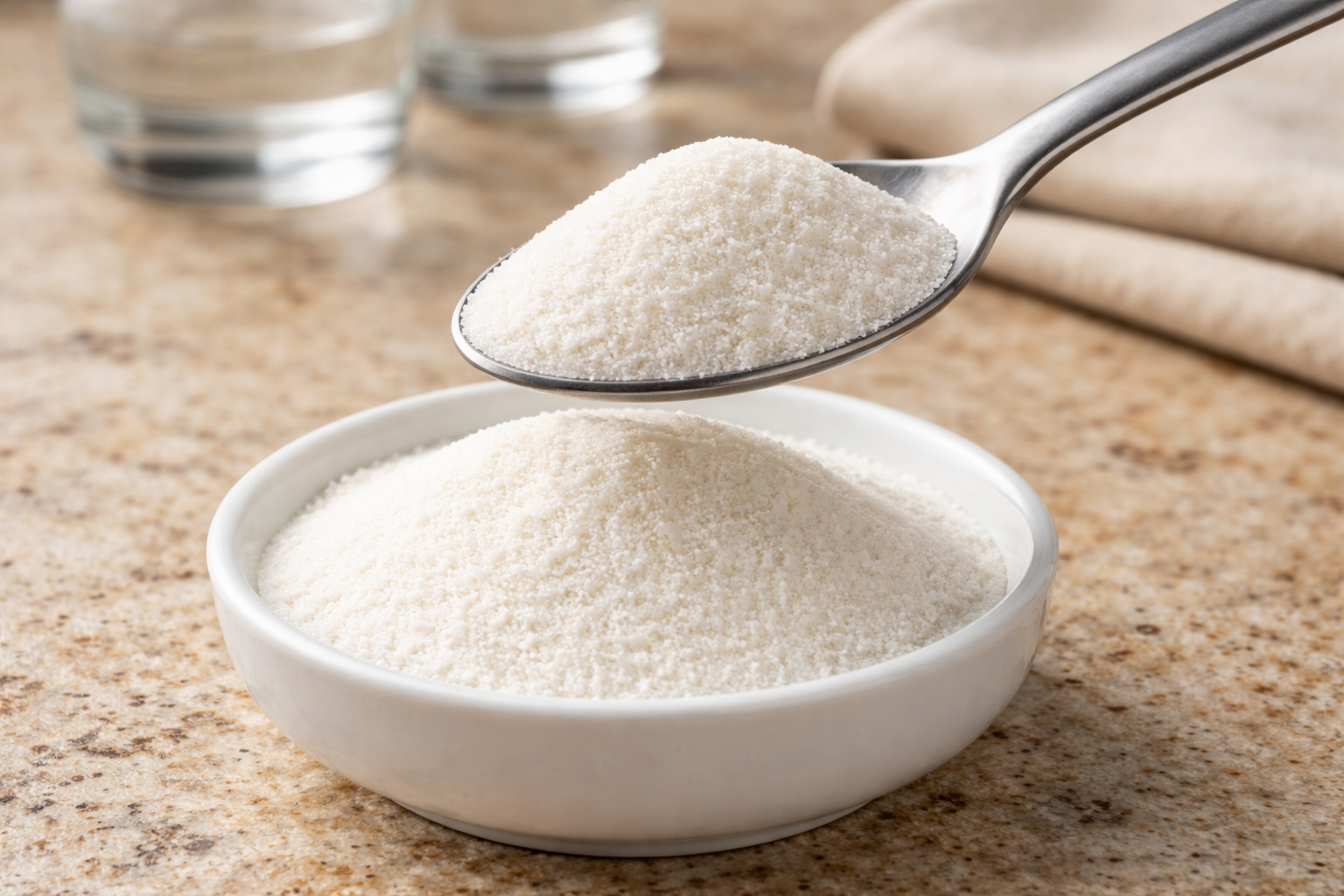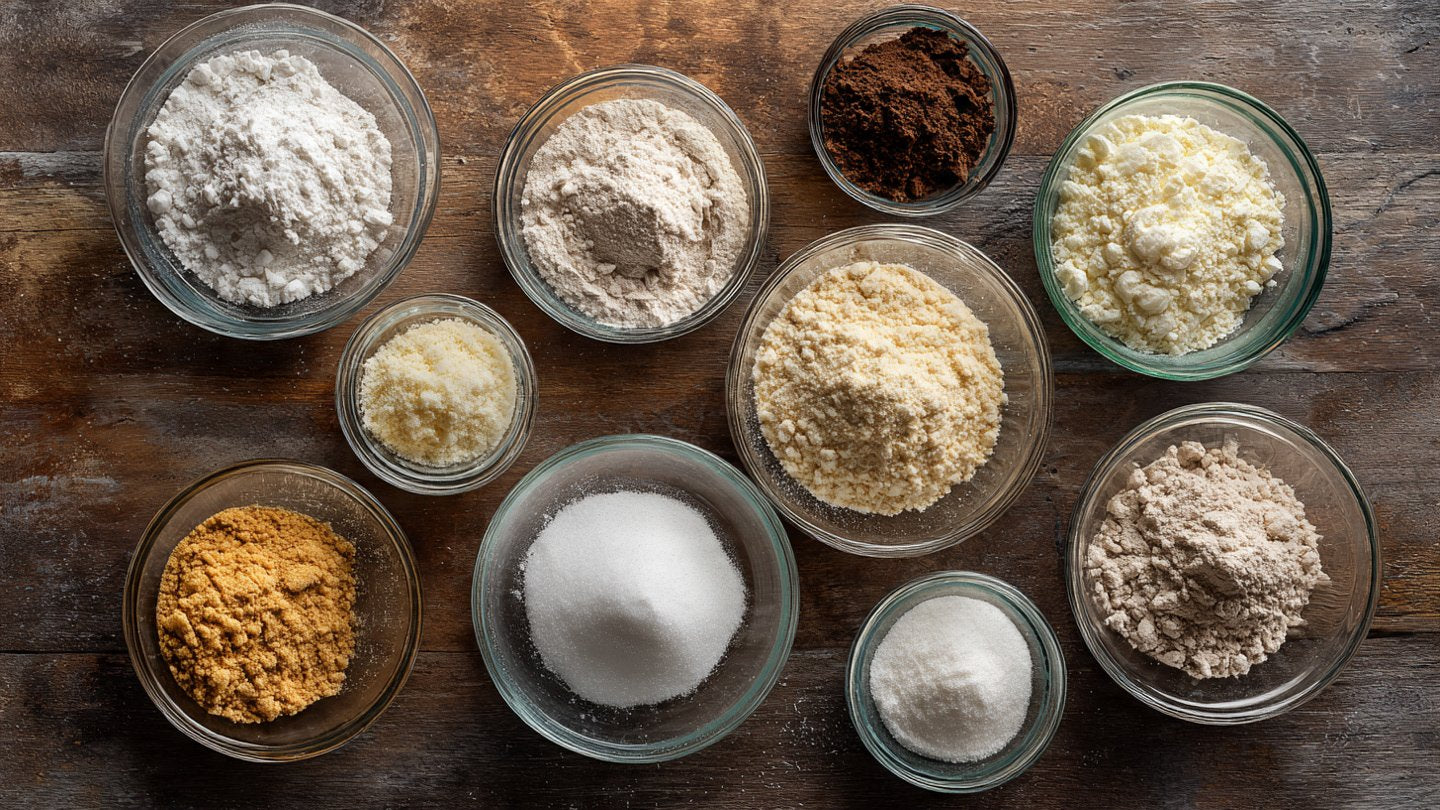Trending searches
Trending searches
Custom Liquid

All About Molecular Gastronomy
SUBSCRIBE TO OUR BLOG
Promotions, new products, and recipes.

What is Molecular Gastronomy
The term molecular gastronomy was coined in 1988 by Hungarian physicist Nicholas Kurti and French chemist Hervé This, who developed the approach of exploring the scientific principles behind traditional cooking techniques. Molecular caviar is made through the technique of spherification, where a flavored liquid, such as a fruit juice, is combined with powdered sodium alginate, then added by droplets into a solution of cold calcium chloride, whereupon the liquid forms small jellylike spheres that resemble caviar. Spherification kits are available for home cooks who want to try the technique.


|
About the Author Ed is the founder of Cape Crystal Brands, editor of the Beginner’s Guide to Hydrocolloids, and a passionate advocate for making food science accessible to all. Discover premium ingredients, expert resources, and free formulation tools at capecrystalbrands.com/tools. — Ed |
Related Posts

Gellan Gum Gel: Creating Clear and Heat-Stable Gels: Techniques and Recipes

Kappa Carrageenan in Dairy Alternatives: How It Changes Texture and Mouthfeel

The Silent Architects: How Texture-Building Ingredients Quietly Shape Your Digestion, Blood Sugar, and Appetite
Enjoyed this post? Subscribe to The Crystal Scoop
Food-science tips, ingredient know-how, and recipes. No spam—unsubscribe anytime.
POLICY PAGES
QUICK LINKS
Guar Gum
Cape Crystal Brands, 18 Bank St., Suite 1, Summit NJ 07901.
- Phone: +1 908-273-5600
- Email: info@capecrystalbrands.com
- Tax ID: 26-2477626000
- FDA Facility Registration # 16980627550
- Kosher Certified: OKosher.org
Country/region
© 2026, Cape Crystal Brands | Sitemap
